
China is a vast country. Its many regional customs and traditions vary immensely from north to south. In north China, people eat dumplings at Spring Festival, while in the south, they prefer rice. We head to Shanghai and Zhejiang province in east China now, to see what kind of food is being prepared there for the coming festival.
"Babao Fan" is a kind of pudding made of sticky rice and eight other delicious ingredients. Meaning "eight treasures", "Babao" is usually made with beans, Chinese dates, lotus seeds, shelled melon seeds and longan pulp. It not only tastes scrumptious, it’s also rich in symbolism, representing things like harmony, happiness and a promising career. People eat it at New Year’s Eve dinner to symbolise the wish for luck and peace in the coming year.
A time-honored brand grocery in Shanghai is famous for its eight-treasure rice pudding. At 10 o’clock, just as many shops have just opened, the famous grocery store is already crowded with customers.
To meet the big demand, cooks have been busy making "Babao Fan" for days. They’ve been making nearly 20,000 portions every day in the run up to the big festival.
Zhang Zengqiu, grocery assistant manager, said, “We arrived at half past five in the morning, and will work until 9 o’clock at night.”
In the city of Pinghu in Zhejiang Province, it’s conventional to make "Chi Gao" and "Yuan Tuan". The two snacks are a kind of "Nian Gao", the traditional Chinese sticky rice cake.
When people steam "Chi Gao", they let the steam fill the whole room. It’s seen as propitious for a flourishing career. Because the word "steam" is a homophone for the word "flourishing" in Chinese. And "Yuan Tuan" sounds like "Tuan Yuan", which means a reunion of the whole family.
As a finishing touch, the locals add a red dot in the middle of each snack. And of course, red is always a lucky color in China.


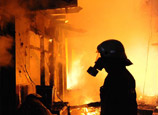
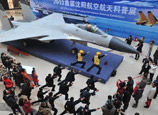
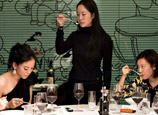



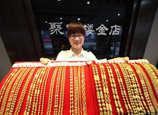
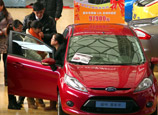






 Pollution gives expats a chance to air their concerns
Pollution gives expats a chance to air their concerns


![]()
